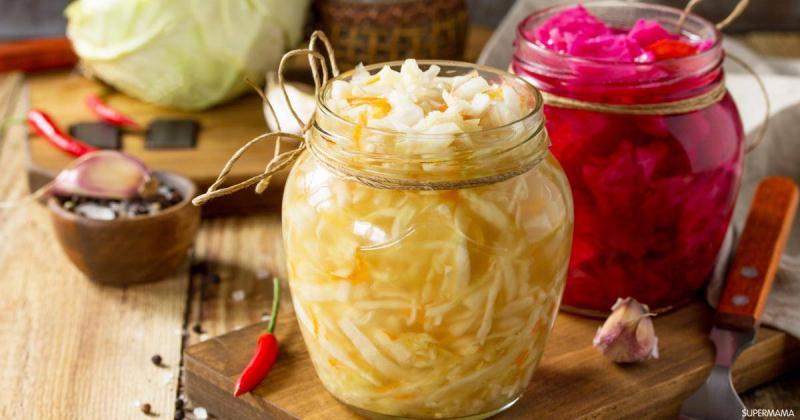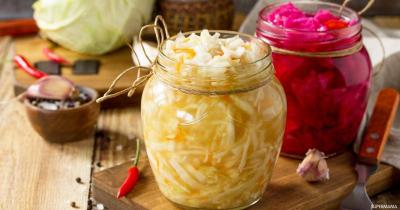Pickles are a common addition that most people insist on having at mealtime, and some individuals do not see an issue with adding them to their suhoor meal, unaware of the risks they pose to health. "Masrawy" outlines the harms of consuming pickles during suhoor during Ramadan, according to information from Livestrong, which include:
**Digestive Disturbance**
One potential side effect of consuming too many pickles is digestive disturbance, which can lead to digestive issues when consumed in excess alongside any type of food. As your body adjusts to new food, pickles can be particularly irritating, potentially causing diarrhea, which increases discomfort, along with abdominal pain and gas.
**Bloating**
Another possible side effect of eating pickles during suhoor is the feeling of bloating and water retention due to their high sodium content. The body often reacts to large amounts of sodium by retaining water to maintain osmotic balance, resulting in noticeable body swelling, especially in the extremities.
**Increased Blood Pressure**
Some individuals may experience a temporary rise in blood pressure after eating pickles at night during suhoor. Excess fluid retention following sodium intake can increase blood plasma volume, leading to higher blood pressure in some people.
**Impact on Kidney Function and Thirst**
Consuming pickles at night may temporarily increase the workload on your kidneys. The primary function of kidney cells is to filter and retain the nutrients your body needs in the bloodstream while allowing unwanted chemicals to exit the body through urine. After consuming salted pickles, the kidneys must work to eliminate the excess salt to help maintain normal blood volume and pressure.




